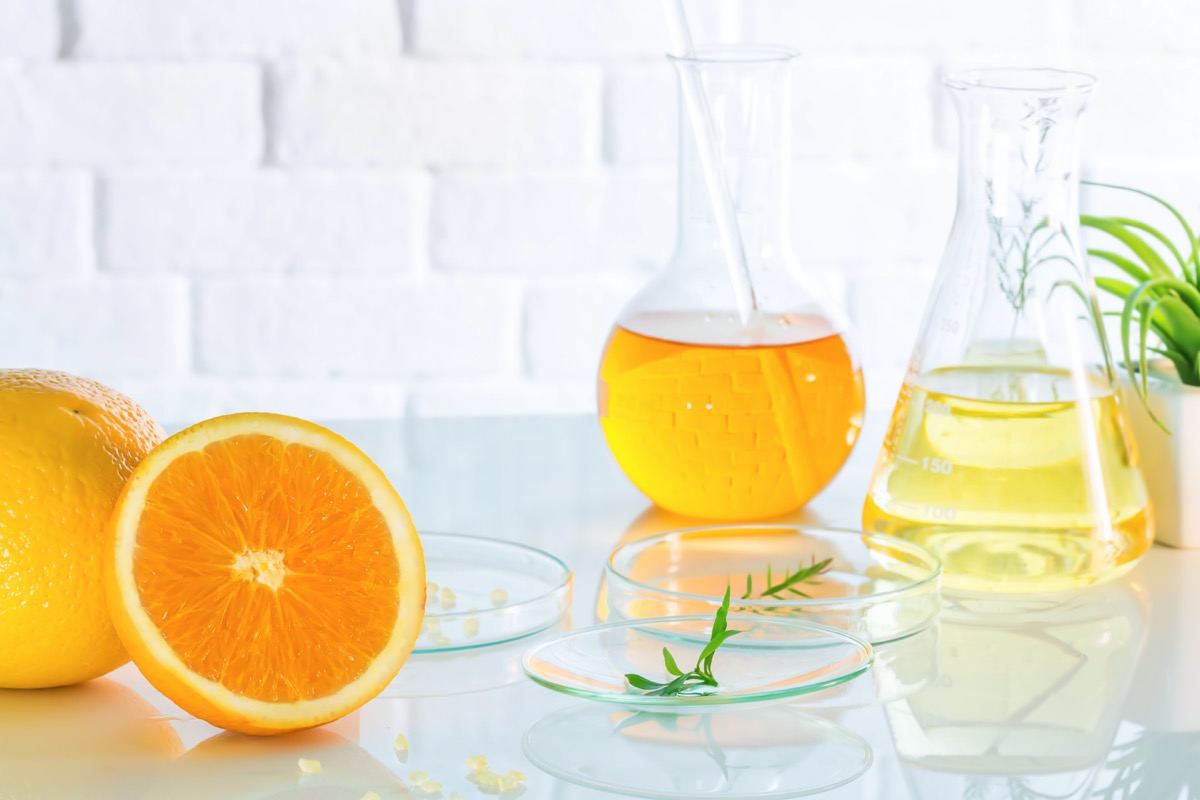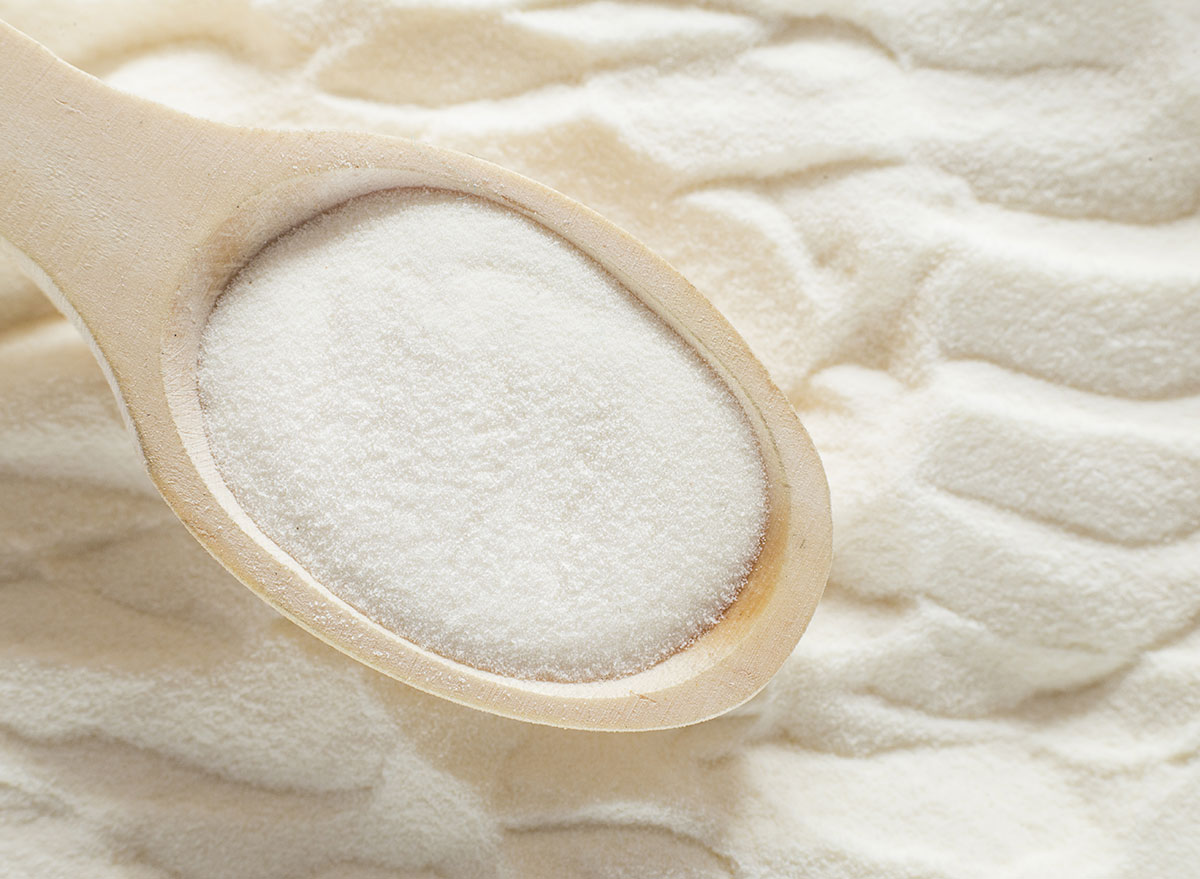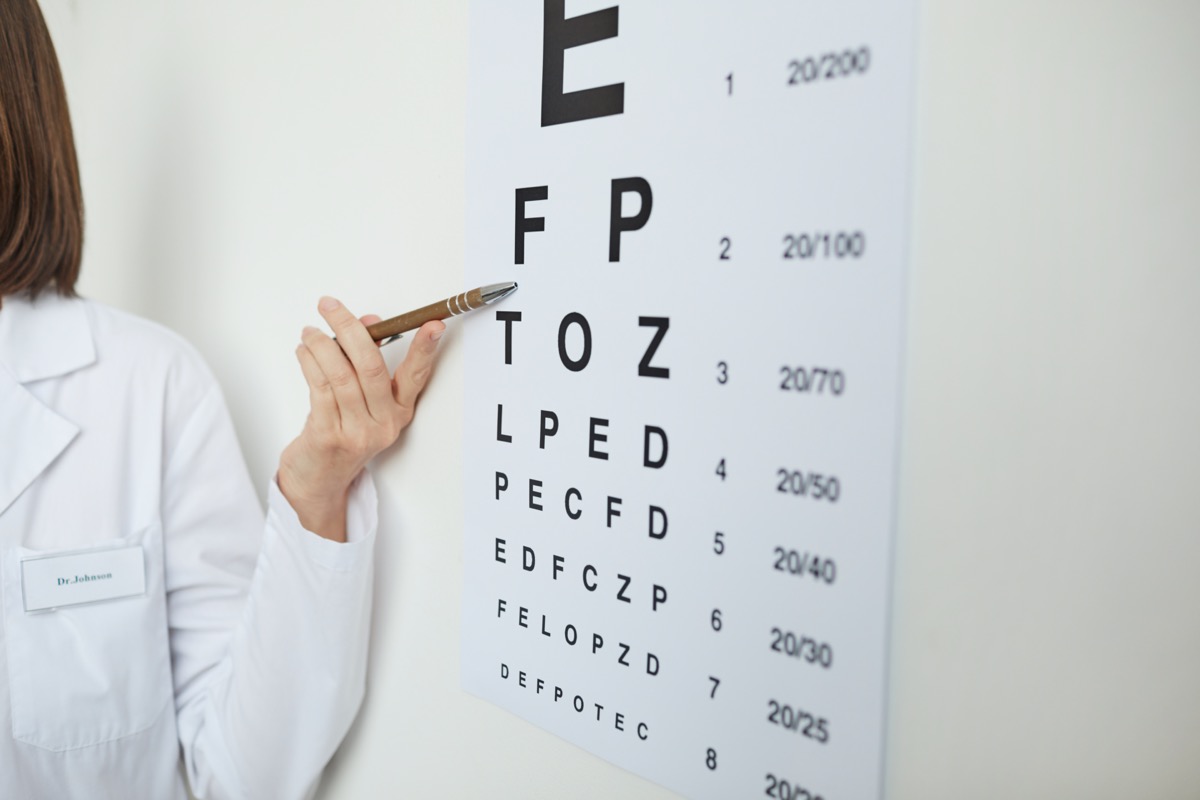Does Topical Vitamin C Help Wrinkles
CNN —
If you asked a dermatologist for a list of the best ingredients for skin, vitamin C might be at the top.
Few ingredients are better for brightening skin, protecting it against aggressors, and addressing signs of aging . Another part of its appeal? "It's great for all skin types and ages," says New York dermatologist Dr. Anne Chapas.
Here's everything you need to know about the benefits of vitamin C for skin, including how to choose the best formula, when to apply it, and exactly what this all-star vitamin can do for your skin. Get ready to glow.
Vitamin C, which also goes by ascorbic acid and L-ascorbic acid, is a vitamin that isn't actually produced by the body. Instead, the only way to get it is through supplements or your diet — citrus fruits like oranges are famously rich in vitamin C. And it has vital functions throughout the body. "Vitamin C is an essential nutrient in tissue repair and the enzymatic production of various transmitters," says Dr. Patricia Wexler, a dermatologist in New York City.
While you can certainly eat your way to a healthy vitamin C intake, your skin in particular reaps the biggest benefits when it's applied topically versus ingested via an oral supplement or your diet, no many how much grapefruit you eat. "Topically, it's 20 times more potent than the oral intake," says Wexler.
In short: everything. For one, "vitamin C promotes collagen production, which has the potential to thicken the dermis, diminish fine lines, and is essential for firm, youthful skin," Wexler says. On top of that, vitamin C is an antioxidant, meaning it protects skin cells from damaging free radicals caused by UV exposure.
It also inhibits melanin production in the skin, which helps to lighten hyperpigmentation and brown spots, even out skin tone, and enhance skin radiance. Finally, "vitamin C helps to repair damage from sun exposure and collagen loss by encouraging healthy cell turnover and regeneration," says Wexler.
Apply vitamin C as a serum in the mornings — that is, after cleansing and before applying moisturizer and sunscreen. "I think the best vitamin C skin care products are serums because they are more effective at penetrating the skin barrier than, say, a cream or toner," says Chapas.
Then, be patient. Most skin care products take time to start working, and vitamin C takes a little longer, even with daily use. According to Wexler, you won't notice any significant changes in your skin for six to eight weeks. If you have sensitive skin, do a skin test first, as the high acidity can be irritating.
You can maximize the benefits of vitamin C by combining it with other antioxidants. "This works best with vitamin E and ferulic acid," says Chapas. "Together, they have optimal absorption benefits when it comes to anti-aging, skin brightening, and protection against free radical damage."
It also plays well with vitamin B and hyaluronic acid. However, "do not mix vitamin C with a retinol or niacinamide," because the pH levels are incompatible, says Wexler. If you want to use both, she suggests waiting half an hour between applications.
Also worth noting: Vitamin C is notoriously prone to oxidizing. "It can break down when it's exposed to light or air," says Chapas. "Always check expiration dates on your products, and if you notice a sour smell or discoloration, it's most likely breaking down."
Here are some of our favorite products for getting vitamin C into your skin care routine.
BeautyRx Skincare Triple Vitamin C Serum ($95, dermstore.com )

With three different forms of vitamin C, the formula delivers major brightening and anti-aging benefits. Plus, it feels weightless on skin.
InstaNatural Vitamin C Serum ($17.96, amazon.com )

One of the most affordable serums on the market, this formula includes vitamins C and E, ferulic acid and hyaluronic acid — offering you the most brightness for your buck. (What's more, its 4-plus stars on Amazon is based on over 5,000 ratings.)
Farmacy Very Cherry Bright 15% Clean Vitamin C Serum ($62, sephora.com )

This lightweight, natural serum delivers vitamin C derived from cherries, sinks in fast, and even smells like its namesake fruit.
Fleur & Bee Nectar of the C Vitamin C Serum ($28, amazon.com )

This natural serum contains the synergistic blend of vitamin C, vitamin E, and ferulic acid—as well as clary sage for extra antioxidant benefits.
Summer Fridays CC Me Vitamin C Serum ($64, sephora.com)

The multitasker offers vitamin C to brighten and protect, squalane to moisturize, and peptides for minimizing lines and wrinkles. All you need is sunscreen and you're good to go.
Elizabeth Arden Vitamin C Ceramide Capsules Radiance Renewal Serum ($48, ulta.com )

Worried about vitamin C oxidizing? These single-serving, travel-friendly capsules ensure that each application is fresh and working at peak efficacy.
Cleen Beauty Vitamin C Papaya Glow Serum ($10, walmart.com )

One of the most affordable vitamin C serums on the market—if not the most affordable—the combination of vitamin C and licorice root offers brighter skin on a budget.
Physicians Formula Rosé All Day Moisturizer SPF 30 ($17.99, cvs.com )

While this isn't a serum, it can be helpful to have vitamin C in your sunscreen. "Vitamin C can increase the stability of SPF," Wexler explains. And it acts like a sunscreen booster to help defend your skin against sun damage.
Sunday Riley C.E.O. Glow Vitamin C + Turmeric Face Oil ($40-$80, nordstrom.com )

For the winter months, when skin tends to be drier, consider switching to a vitamin C oil. It'll boost radiance by first delivering vitamin C and then locking hydration into skin.
Derma E Vitamin C Concentrated Serum ($20, target.com )

Vitamin C meets hyaluronic acid (a moisturizer) and green tea extract (another antioxidant) in this serum to address everything from dryness to fine lines and wrinkles.
Dr. Dennis Gross Skincare Clinical Grade IPL Dark Spot Correcting Serum ($92, dermstore.com )

Designed specifically to target dark spots, this combines vitamin C with licorice extract and lactic acid to lighten hyperpigmentation from breakouts and sun exposure.
Note: The prices above reflect the retailers' listed prices at the time of publication.
Does Topical Vitamin C Help Wrinkles
Source: https://edition.cnn.com/2019/10/15/cnn-underscored/vitamin-c-benefits-for-skin/index.html































